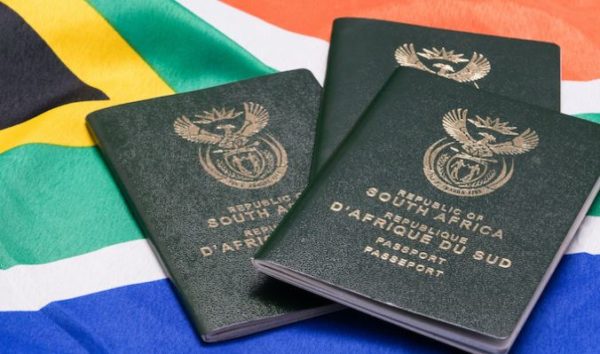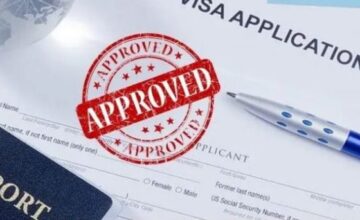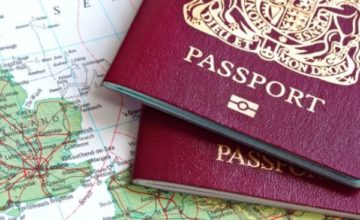
When it comes to applying for a visa, factors such as your marital status, your bank balance, whether you have kids or not, ownership of property, how long you’ve worked for a company, and your social media activity could be taken into consideration.
According to Execuserve SA director, Andrew MacRae, embassies consider granting a visa as “a privilege, not a right” and the factors listed above have caused an increase in visa rejections among South African travellers, placing more onus on the traveller to prove their motives for travel are legit.
“Your visa application needs to prove why you’re travelling, if you’re planning to return home and if you’re a potential threat,” says Macrae.
He reveals that jumping through these hoops is increasing the burden on those arranging business travel for younger, lower-earning staff, recent hires, and first-time visa applicants.
Here are some of the obstacles and how they can be solved, according to Macrae.
1. Politics
Some countries play the game of political chess when it comes to visas, he says. This adds another layer to an already complex process, as some countries impose restrictions or additional requirements on South Africans based on how their citizens are treated when applying for South African visas.
2. Ensuring your visa documents are in order doesn’t guarantee a stamp
According to MacRae, certain embassies prioritise interviews, which can be intimidating, and nervousness could lead to rejection. He said Execuserv provides interview coaching for companies with novice travellers. This helps them anticipate and confidently face the interview.
3. Time’s not on your side
MacRae highlights that visa processing times have taken a slower lane due to the post-Covid curveball of staff shortages.
“What once took weeks now requires more patience. This situation is exacerbated during major events, such as a regional rugby World Cup, potentially extending visa lead times from a few weeks to as long as six weeks,” he says.
The solution? Planning ahead
4. What about travellers who can’t prove a healthy bank balance?
MacRae notes that travellers in this instance would need the help of their employers. “Schengen nations demand personal bank statements reflecting a daily surplus of around €190 (about R3 800), irrespective of travel purpose or full business coverage.
“A corporate credit card is insufficient too; your company should transfer the necessary amount for your trip expenses into your account as part of your application process.”
And finally, MacRae’s advice for visa applications for a business trip is to begin by sending your passport and travel details to a visa specialist as soon as you can.
“This information is essential for them to accurately assess your visa eligibility and predict the processing time. DIY research is risky. Information published on embassy websites is usually outdated,” he says.




